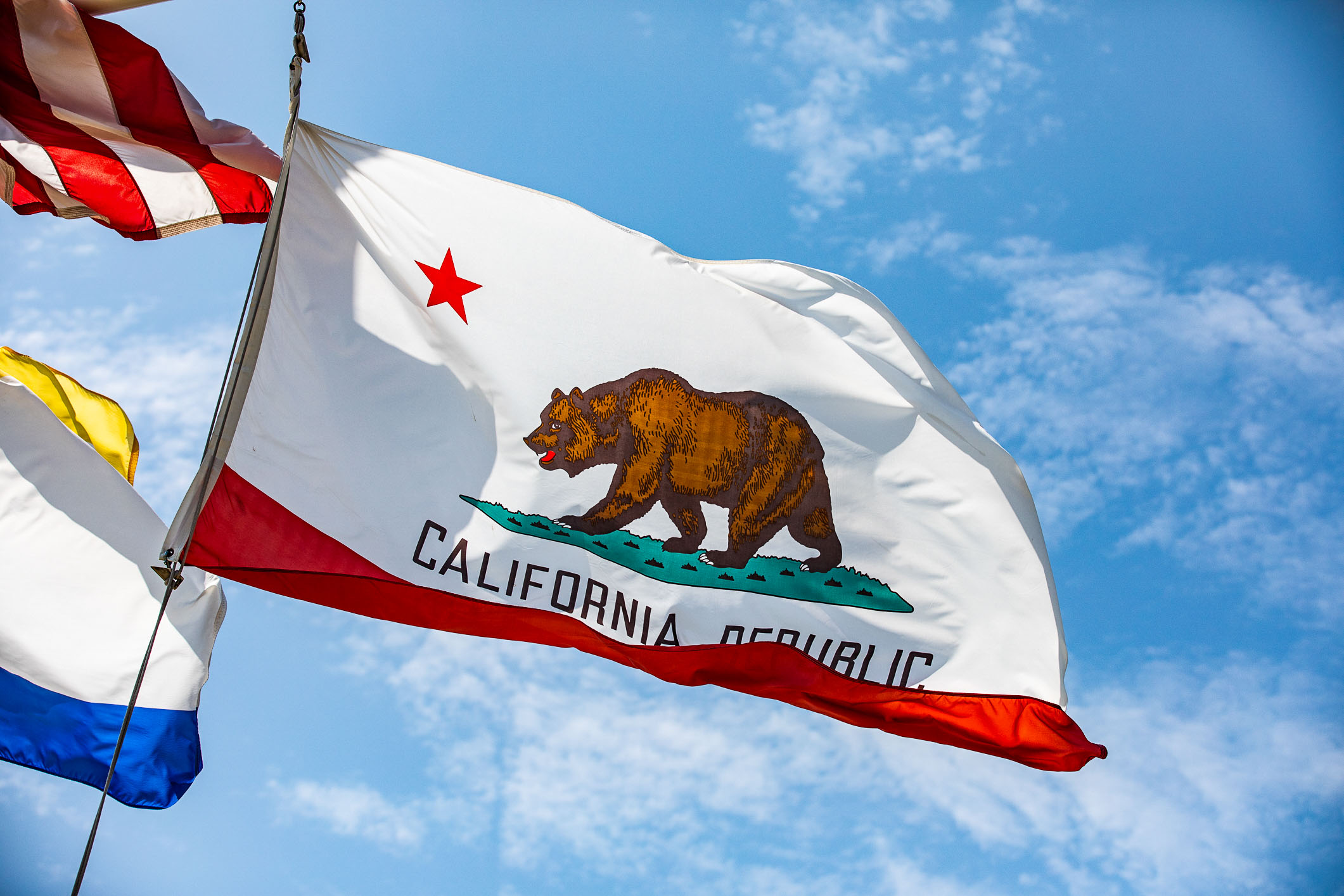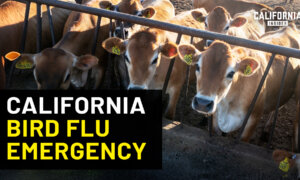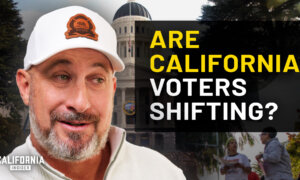California owes the federal government about $21.1 billion, according to data released Dec. 20 from the U.S. Treasury Department, for loans the state received four years ago and failed to pay back.
In response to a question by The Epoch Times, Gov. Gavin Newsom said finding the money to work out of the debt is a priority for his administration.
“That’s obviously a point of concern, and I’m very mindful and have been for years about this,” he said during a Dec. 16 press conference. “It’s an obligation we have. We will pay it down.”
The governor noted a need to use the budget process, when possible, to pay back some of the loan, rather than relying on the current framework whereby businesses are taxed by the federal government at higher rates to cover the debt.
While businesses in states with no outstanding obligations pay about 0.6 percent for unemployment tax, California businesses will pay 1.5 percent, starting in 2025, and the amount will increase by 0.3 percent—which amounts to about $21 per employee—annually until the loan is repaid.
“We just want to make sure we’re not doing it on the backs of employers as it relates to the payroll tax,” Newsom said. “I’m very hopeful that as our economic conditions continue to improve, and they are improving significantly, that we can take some big chunks out of that debt.”
The governor said the state has worked through similar challenges in the past, resolving billions of dollars in debt incurred coming out of the Great Recession, and will use a similar path to repay the existing debt.
Finding a solution, Newsom said, will require a cooperative partnership with all branches of state government.
He pointed to recent efforts from his office to include money in the budget to pay back part of the loan, which he said were shot down by fellow elected officials.
“A few years ago, I put billions in, and the Legislature took it out, and then I came back, and they took it out, so it’s been an issue for us for many, many years,” Newsom said. “We’ll continue to make the case with the Legislature of the imperative and the importance of paying it down.”
In the fiscal 2024 budget proposal, $750 million was included to pay down the debt, but the funding was subsequently withdrawn.
Across the country, 22 states borrowed money during the pandemic to fund unemployment insurance payouts that increased significantly when some businesses were ordered shut down by local and state regulations.
For states that saw unemployment claims exceed their ability to pay, some like California first tapped their reserves, then borrowed from the federal government to cover the difference.
All but three have since repaid their loans.
California owes the most, by far, and its debt has grown from the $18.6 billion it owed in May 2023.
New York owes about $6.5 billion, a decline from the $8 billion it owed in May 2023.
Connecticut owed $187 million last year and has now paid off all but about $1.6 million.
Differences in the amounts borrowed and owed lie in the various responses from state and local governments during the pandemic and their willingness or capacity to pay back the loans.
Those with more stringent regulations limiting business activity—like California and New York—saw higher levels of borrowing due to more unemployment claims than in states like Texas and Florida, where fewer regulations were affecting businesses, the data shows.
Fraudulent Claims
With federal money flowing freely due to the $2.2 trillion CARES Act, schemes to defraud the government increased.California paid out approximately $32.6 billion in fraudulent claims, according to estimates from data analytics firm Lexis Nexis.
Will Swaim, president of the California Policy Center, told EpochTV’s “California Insider“ that the liabilities could amount to as much as $55 billion.
While announcing the blockage of 47,000 fraud attempts in 2022, the governor said the state was responding to unprecedented levels of illegal claims.
“Fraudsters and criminal organizations ripped off California, along with every other state, during one of the worst crises in history,” Newsom said in a statement. “We’re taking aggressive action to return that money to the taxpayer.
Subsequent inquiries revealed numerous instances of fraud, with investigations ongoing.
Money was paid out in some cases to prisoners and others who were not eligible, for businesses that did not exist, and to personal identity thieves.
One former employee of the state’s Employment Development Department—the agency responsible for overseeing disbursements—also pleaded guilty to fraud, admitting to filing approximately 200 illegitimate claims in other peoples’ names and gaining more than $1.6 million.
Fraud went undetected, in part, because the department chose not to upgrade its software, according to Lee Ohanian, professor of economics at the University of California–Los Angeles.
“Sadly, this is just a trifecta of bad decisions,” he told The Epoch Times. “The state government took out a loan and chose to welch on the debt, which is outrageous, now businesses are repaying more in taxes for the incredibly unwise decisions and mistakes of the state government.”
One policy expert said California’s “mishandling of COVID-era unemployment benefits” has resulted in the state auditor’s conclusions in the past three years that the department had insufficient oversight.
“Fortunately for the state government, it appears that the Biden Department of Labor is allowing California to write off its liability for making improper unemployment payments using federal funds,” policy analyst Marc Joffe told The Epoch Times. “As a result, the state government should be able to achieve a clean audit for 2024.”














